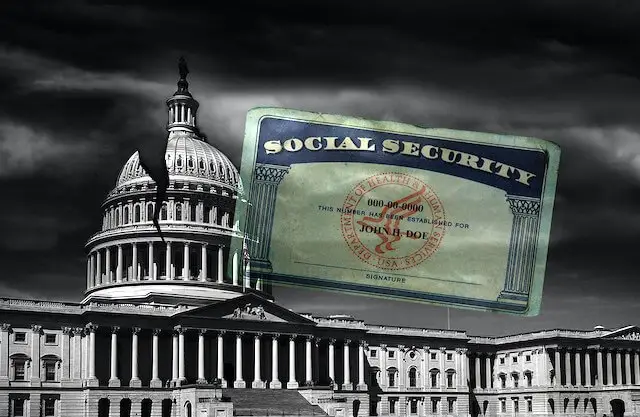“Defund Social Security” has drawn more media attention to Social Security in two weeks than I have seen given to the troubled program over the course of a decade. Unfortunately, all of that coverage is wasted on a crisis that isn’t happening, and none of it deals with the crisis that is unfolding to a degree of mathematical certainty.
While that phrase has taken control of the discussion about Social Security, it is at best a vapid meme serving shameless political opportunism. At worst, it is fear-mongering the elderly by people more interested in votes come November than whether the program pays benefits into next week. It is disgraceful.
For what it is worth, I questioned the wisdom of the president’s latest action. It is a shaky idea. Critics should not have to make-up the defunding nonsense.
Start with facts
Trump’s latest action has virtually no impact on the finances of Social Security because of the way that the program collects revenue. The government does not know what the actual level of taxes have been collected until employers have submitted W-2s in the following year. So Social Security collects budgeted revenue until the actual figures are available. Trump’s order will expire before the budgeted sums will be revised.
If you would like proof, the program is reporting record revenue and record trust fund balances in the middle of a pandemic. In fact, the experts at the Social Security Administration believe payroll taxes have fallen about $100 billion.
Moreover, Trump’s order only extends to the Treasury’s collection of revenue. It doesn’t extend to private businesses. Under the current order, the taxes are due at the beginning of next year and the businesses will remain on the hook, according to Stephen Stanley, an economist at Amherst Pierpont. So it is entirely possible that private companies ignore the hand-out.
Impact on Social Security
If Trump is right, you will see companies retaining employees that they otherwise would let go. These firms might even add bodies to the payroll. On the other hand, there is a possibility that workers may be unable to pay when the time comes due, or companies might go under before January 1st – say Donald J. Trump For President Inc.
No one knows how these forces balance out until next year. The one thing we know is that Social Security will not be harmed by Trump’s action absent the inaction of Congress. Typically, payroll tax cuts are supported by transfers from the general fund. Again, Congress embedded a hold-harmless clause in the CARES Act to protect Social Security from lost revenue. If Social Security loses a penny as a result of this Executive Order, the problem will be with a Congress that has not yet been elected.
And The Democrats’ Position
In an aptly titled statement “My Statement on President Trump’s Executive Orders to Sow More Chaos and Confusion”, Biden introduces honesty to politics: he successfully creates more chaos and confusion. He states, “Our seniors are under enough stress without Trump putting their hard-earned benefits in doubt.” Biden is the one manufacturing the stress.
Bottom Line Impact on Social Security
The debate about Social Security has devolved into an exchange of polarizing sound bites where the sound of the bite is more important than the facts of the case.
At this point, the objective of sound bites isn’t to inform, but rather prod people to forward content to friends and family. In order to be effective, every new sound bite has to compete for attention with the last champion, creating an iterative cycle of crazy that defines the discussion of Social Security. We have a new winner: Defund Social Security.
The average voter has no way to sort out the dueling hyperbole. One fact check says it is true. Another says it is not. A third says maybe, and kind of sort of. In the end, the voter believes what he wants to believe. That outcome is likely more dangerous to Social Security than whatever Trump has done.
Mind you, Trump hasn’t done a lot. Since he arrived in 2017, the program has generated nearly $5 trillion in unfunded liabilities, more than 25 percent of the total. That cost has formed in just 3 years of the program’s 84 year history. (2017 report, 2020 report) The driver of that increase is the passage of time.
The problem for Social Security isn’t what the president has done. It is everything that Washington isn’t doing.



